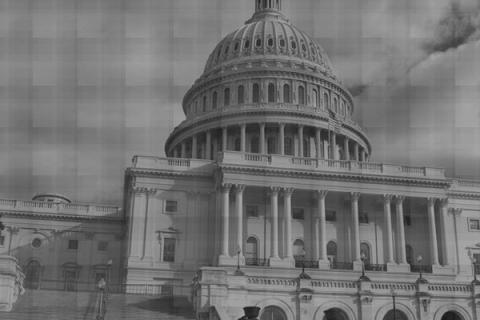The decision by trade expert Ro Khanna to challenge seven-term Democratic incumbent Rep. Mike Honda in 2014 has made the headlines in California this week. Most of the attention has been revolved around biographies and endorsement, without regard to the reason the challenge can be made in the first place.
In what has been a long-time stake-hold for the incumbent Democrat, a young Democratic newcomer is mounting a credible challenge even in the face of Rep. Mike Honda's support from the President, the minority leader and most of the California Democratic establishment.
This phenomenon is made possible by the nonpartisan top two primary. The same system that saw a young Rep. Eric Swalwell (D-CA) take out long-time incumbent Rep. Peter Stark last election. This race to be further evidence that the top-two nonpartisan primary is changing California's political environment more than the politicos had anticipated.
Under the new system, all candidates appear on the same primary ballot for all voters with only the top-two will make it to November ballot. As a result, candidates party have to appeal to more than just their bases, or they may be threatened by a member of their own party who may attract additional votes from outside the party base.
Proponents of the top-two system have argued that such result will create a political environment that promotes a better competition of ideas. A place where candidates have to trumpet more than just a party label to get elected. The upcoming battle between long time incumbent Mike Honda and young challenger Ro Khanna is an indication that the new system is working.
Today the partisan gap among the two major parties has become so wide that there is little competition of ideas anymore. Each election, under the partisan system still followed in 48 out of 50 states, candidates compete to be the best Democrat or Republican in their primary.
And in a purely partisan system, the candidate who wins is the one who gets the party blessing, not the one with the best ideas. With party leaders more powerful than ever, challenging the status quo could mean the end of your political career. On the contrary, with the nonpartisan top-two primary, it is blindly following the party lines that could end your political bid.
Oliver Wendell Holmes Jr. once said, "the ultimate good desired is better reached by free trade in ideas the best test of truth is the power of the thought to get itself accepted in the competition of the market." There may be irony that some politicos who parrot the virtues of a free market when it comes to the economy, are so hesitant to embrace the free-market of ideas when it comes to elections.
